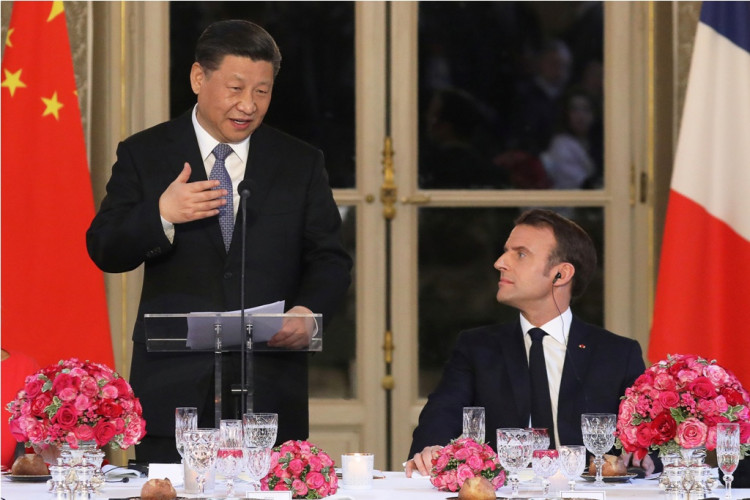Ahead of the second Belt and Road Initiative (BRI) Forum in April, a top Chinese diplomat explained the link between Beijing's massive infrastructure project and the United Nations' (UN) 2030 scheme of achieving sustainable development.
In an interview with China Daily, Member of the Political Bureau of the Central Committee of the Communist Party of China (CPC) and Director of the Office of the Central Commission for Foreign Affairs, Yang Jiechi, said the Belt and Road Initiative complements the UN's 2030 goals that covers various economic and diplomatic segments.
"At the global level, the BRI is well aligned with the UN 2030 Agenda for Sustainable Development, thus forming a synergy of policies to promote global development," Yang noted. He explained that Chinese President Xi Jinping's infrastructure project is also in line with other cooperation initiatives that target growth for international markets.
In the UN's official website, it outlined the mission of its 2030 Agenda for Sustainable Development. According to the initiative's Preamble, the program is built on "a comprehensive, far-reaching and people-centered set of universal and transformative Goals and targets."
Yang said the UN's initiative and China's BRI share similar goals of promoting reforms and projects that will bring countries together and will enhance trade as a way of alleviating poverty and building stronger economic environments on a global note.
When asked about how the Belt and Road Initiative has helped improve participating countries, Yang said "some countries now have their first motorways or modern railways, some has developed its own car industry, and some have seen an end to their longstanding power shortages."
Some of the countries that Yang cited as having been part of the benefits of the BRI are Kazakhstan through the Lianyungang port, Germany's Duisburg City through the ongoing China-Europe Railway Express freight services, Greece through its leasing of the Piraeus port to a Chinese firm, and Egypt through Chinese investments in the fiberglass sector.
The Xi administration is preparing for the Second Belt and Road Forum that Beijing is slated to host on April. Turkey and the Philippines have confirmed their attendance while Italy is expected to grace the event following its Memorandum of Understanding (MoU) signing earlier this week.
The latest country to express interest in the BRI is Chile. According to Xinhua, President Sebastian Pinera said he is willing to "participate in everything that is beneficial for Chile." He said during a meeting with foreign media that his country needs advanced infrastructure to improve its ties with trade partners in other parts of the world.





